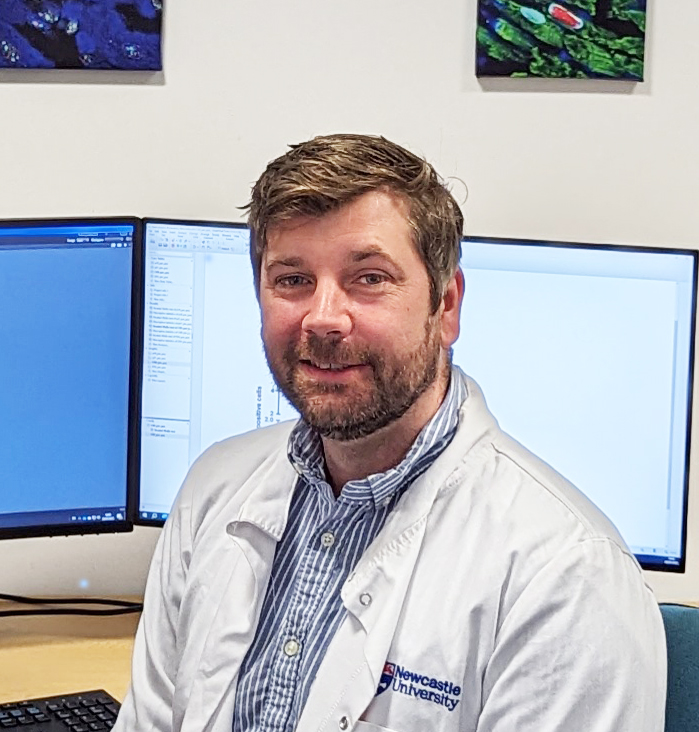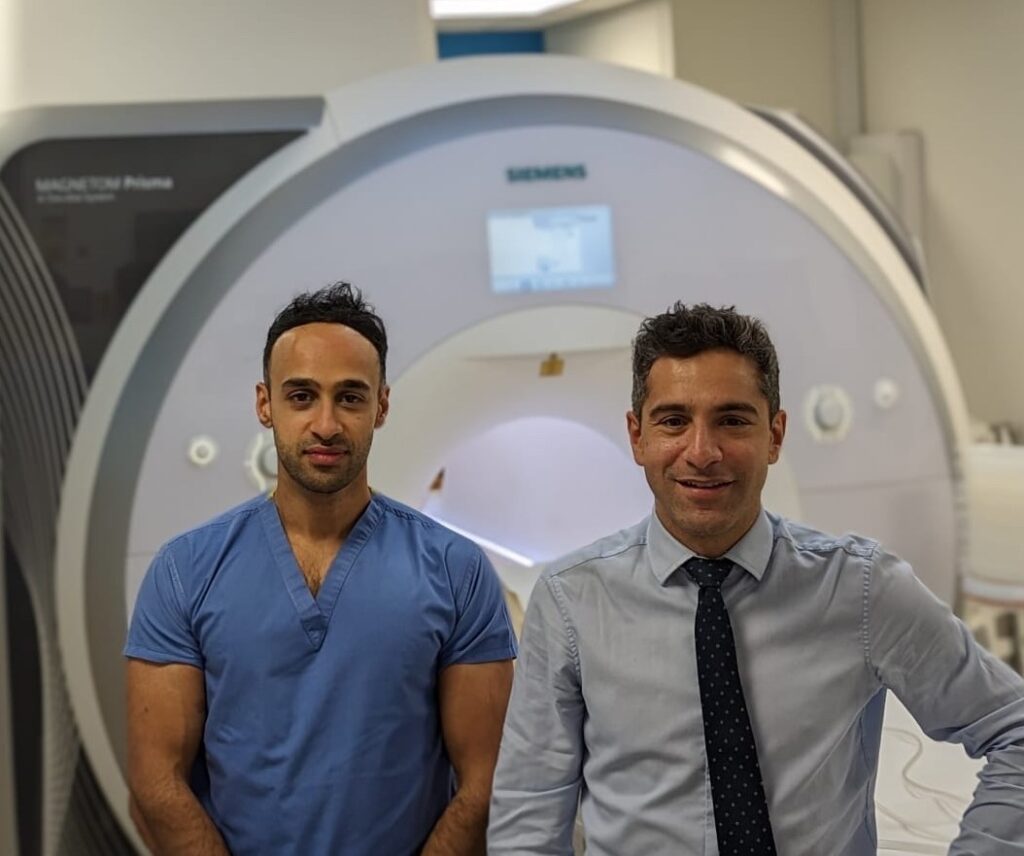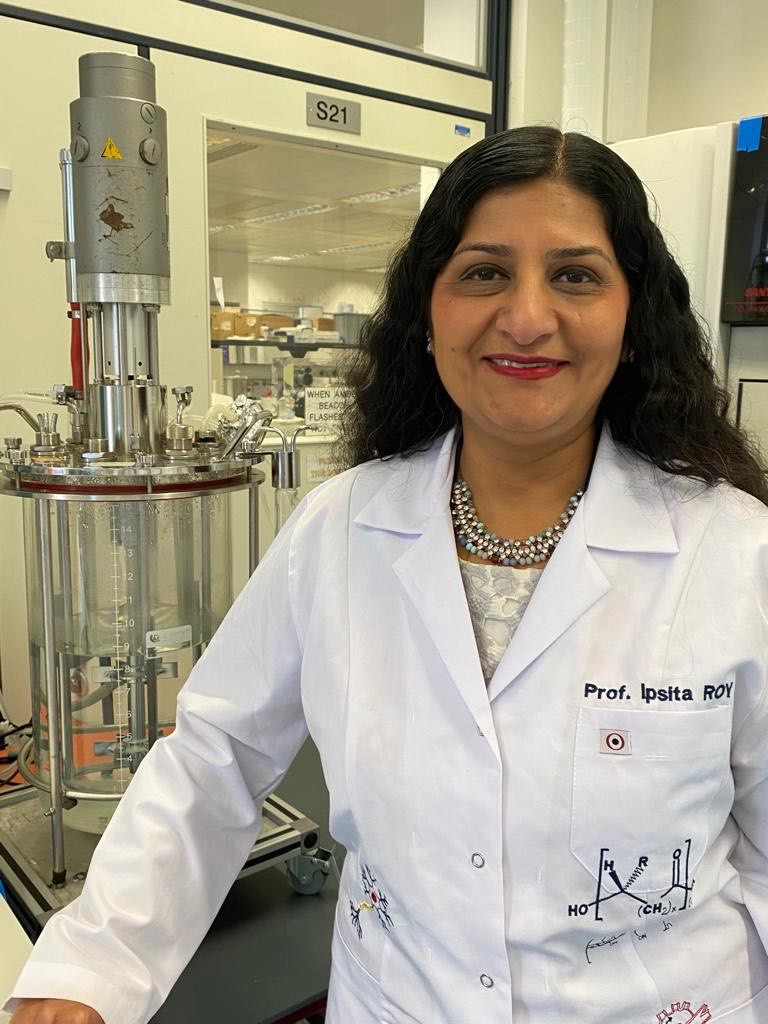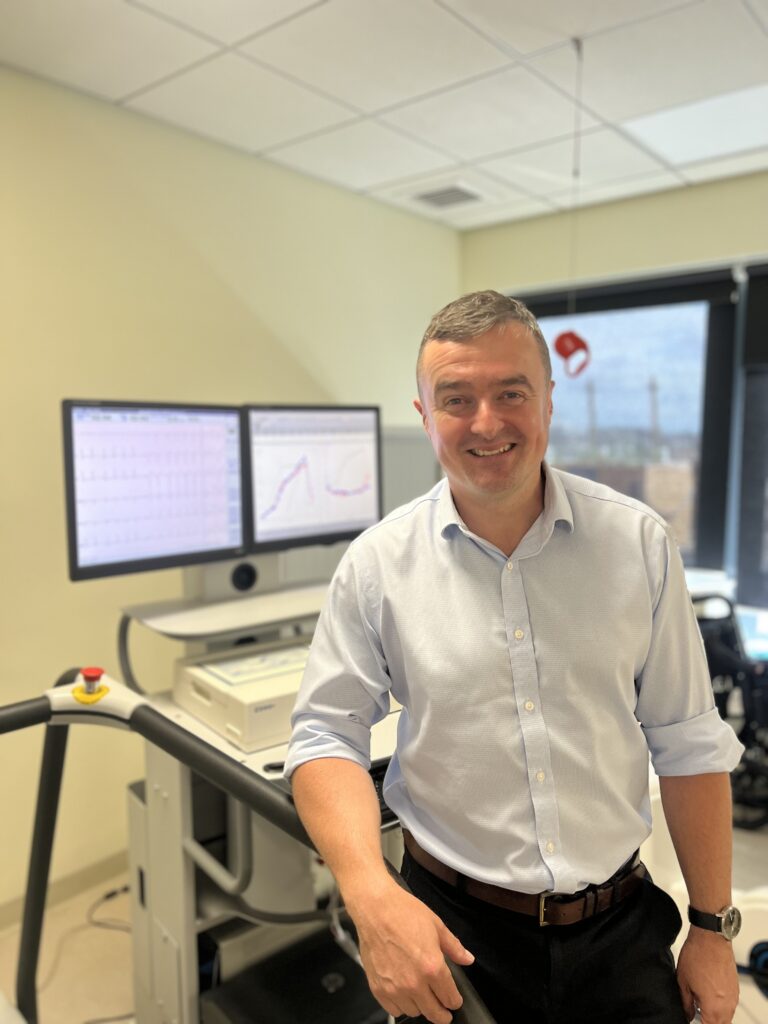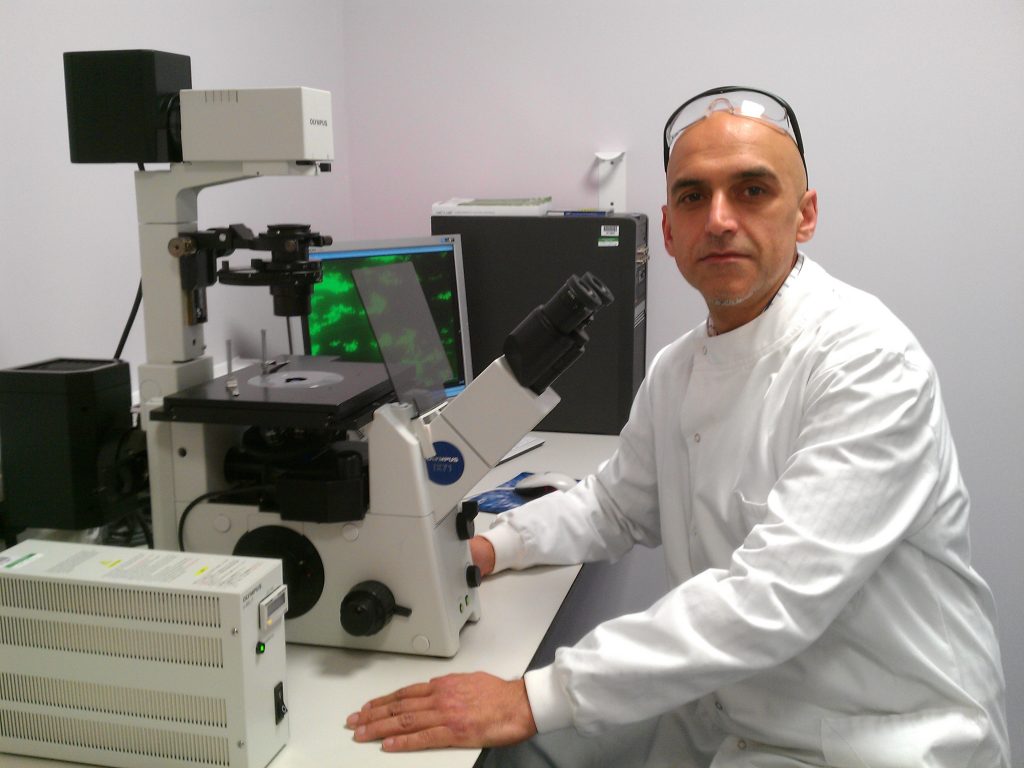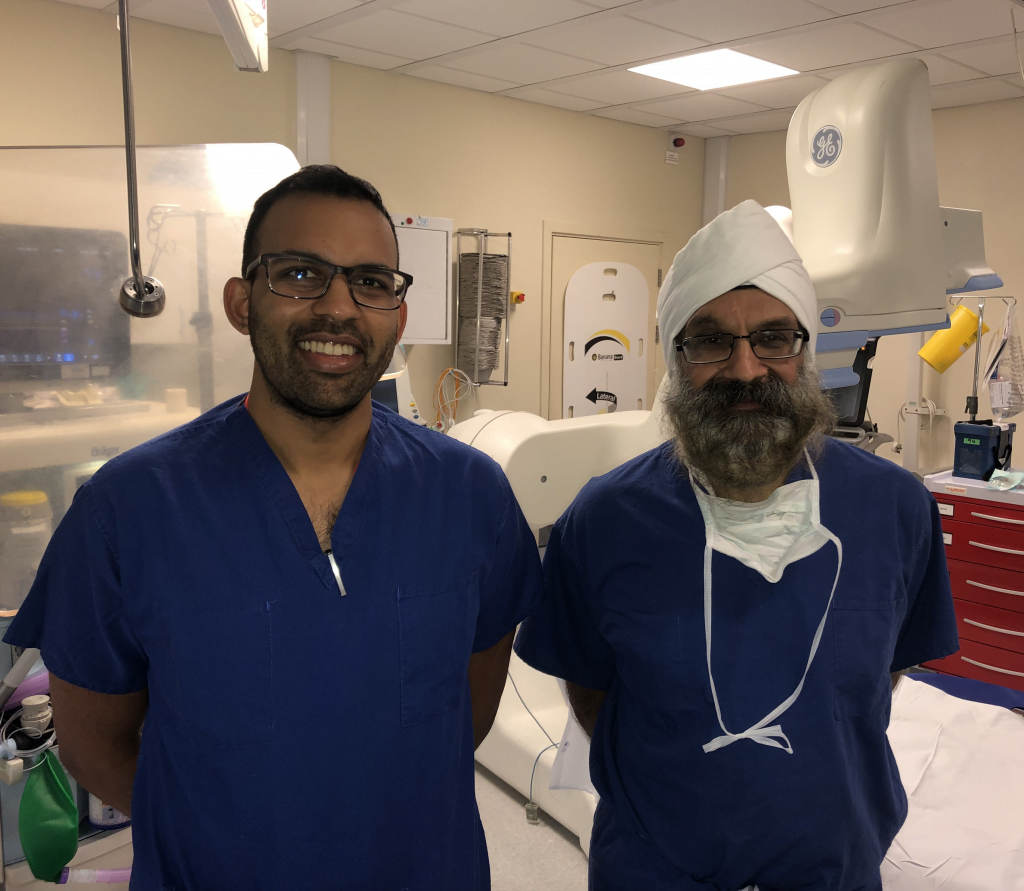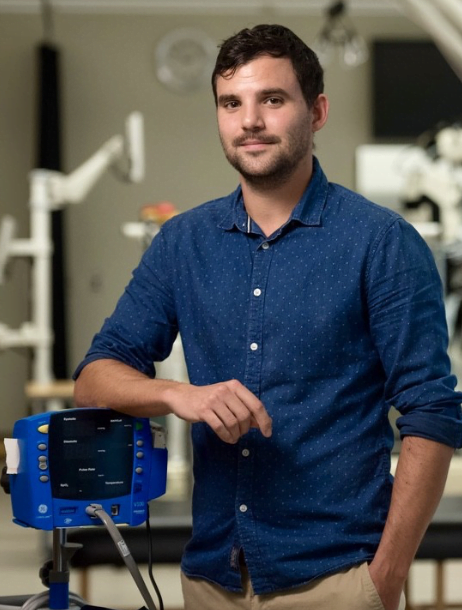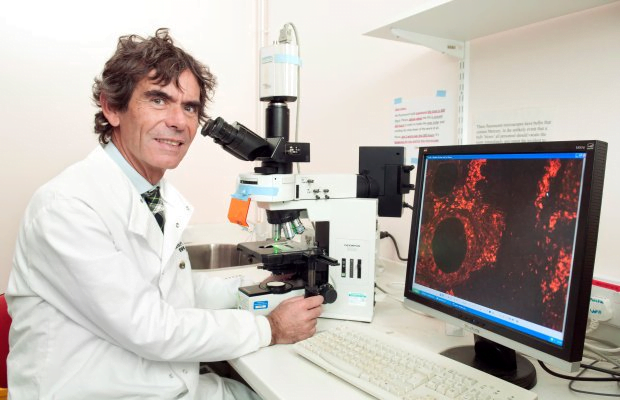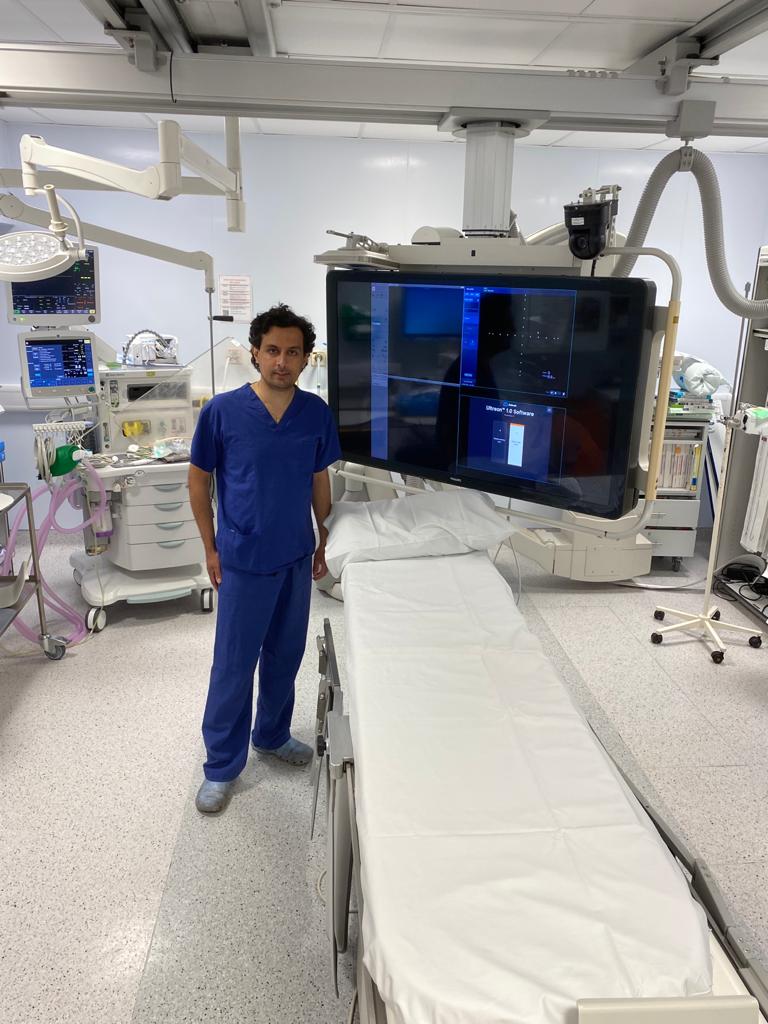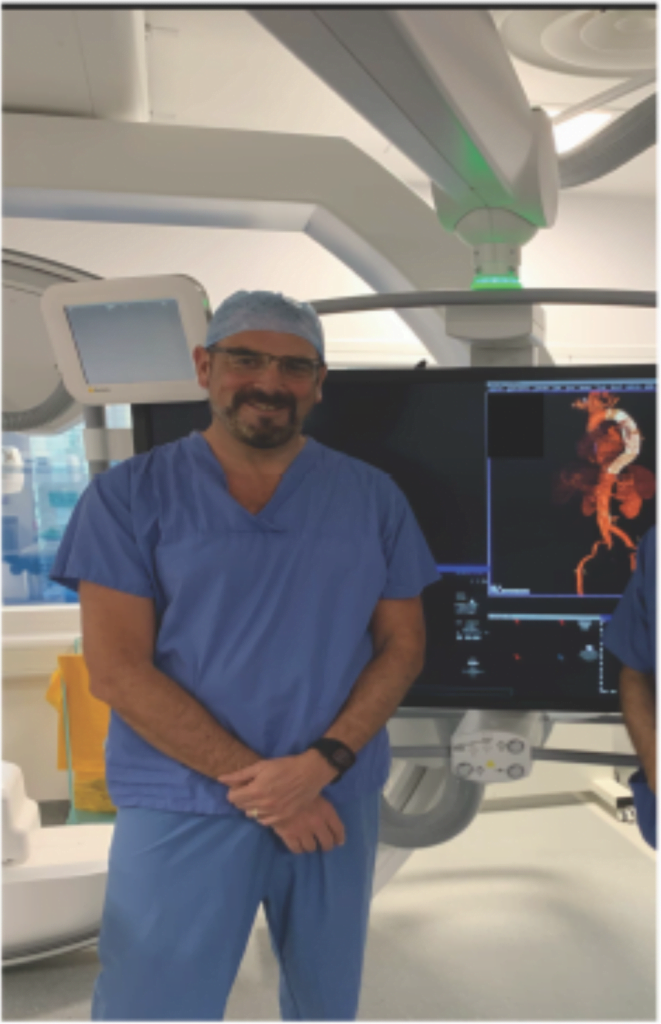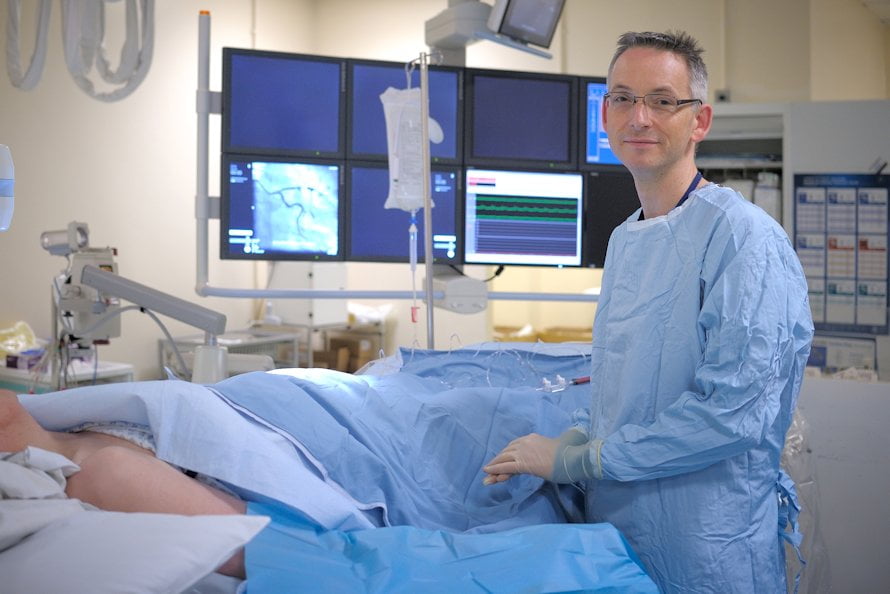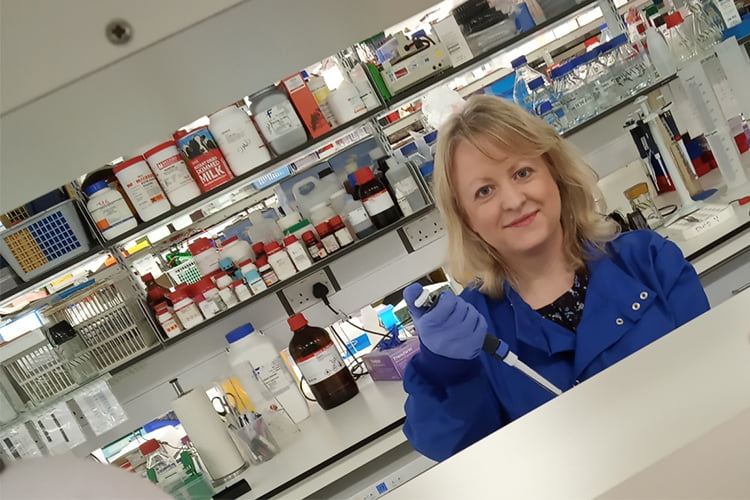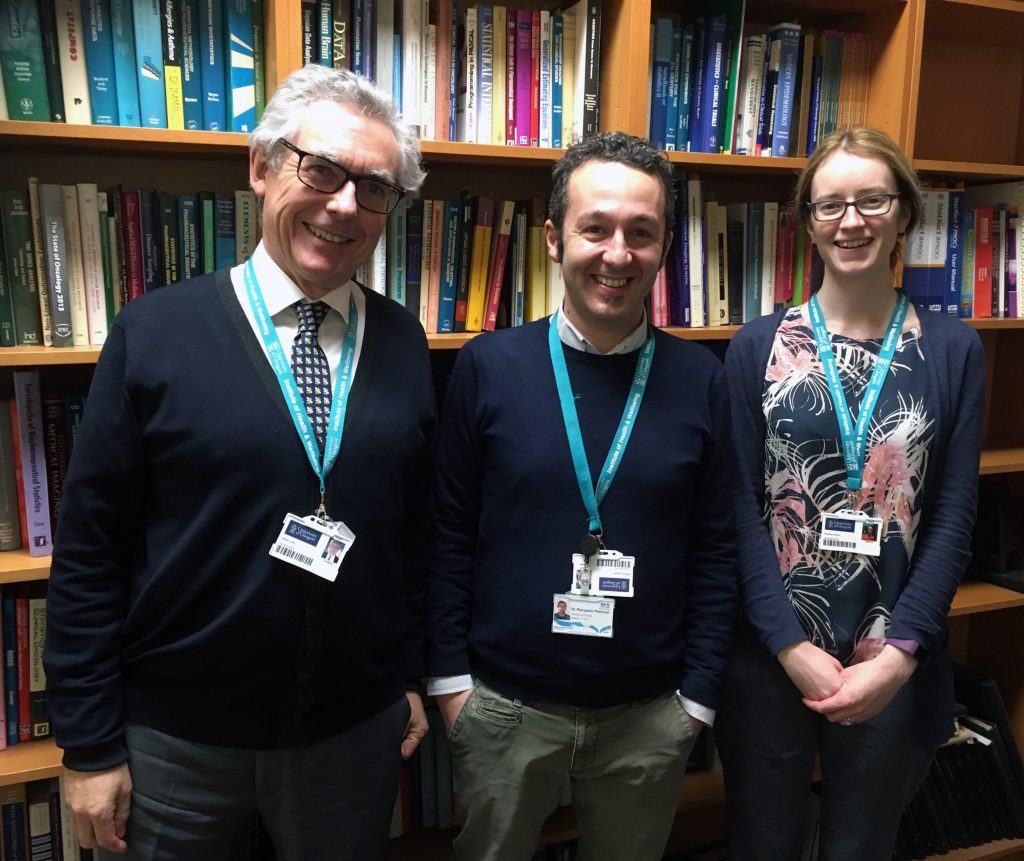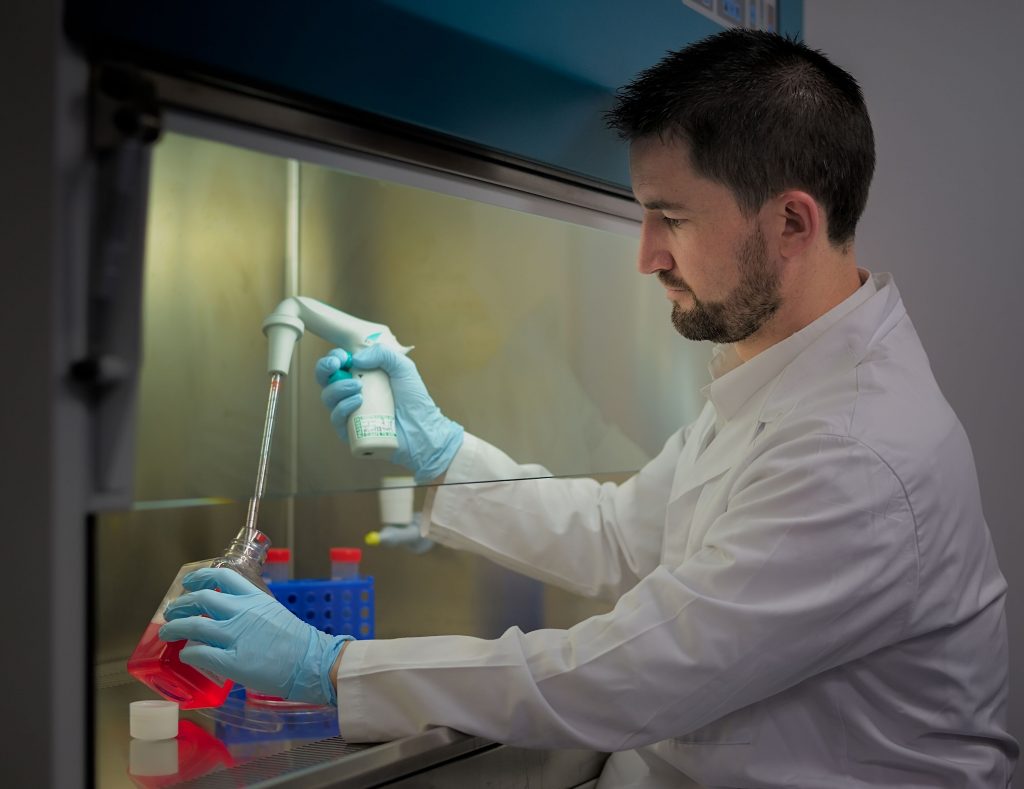Novel and Emerging Technologies (NET) Grant
Prof Timothy Betts, Oxford University Hospital NHS Foundation Trust
Amount: £145,485

Atrial fibrillation (AF) is the most common heart rhythm problem and is thought to affect around 2 million people in the UK. AF can be paroxysmal (intermittent), persistent or permanent. AF causes an irregular and fast heartbeat, which makes the heart pump poorly. As a result, blood clots may form inside the heart and, if they travel to the brain, can lead to an AF-related stroke. The risk of stroke in patients with AF is five-fold higher than in people with normal rhythm.
Anticoagulants play a major role in the management of AF. They work by making the blood less likely to clot which therefore reduces the risk of a stroke. However, anticoagulants make patients more prone to bleeding. A significant number of patients on anticoagulants have a major bleed and some, such as brain bleeds, can cause death or severe disability.
Risk scores that help doctors identify those who need to take anticoagulants may be unreliable by failing to take into account the amount of AF someone has. So, for example, a person who has AF for the whole year is given the same stroke risk as someone with only 30 minutes of AF and who spends the rest of the time in a normal rhythm. Thus, many people end up taking continuous anticoagulation when the vast majority of the time they are in a normal rhythm. These people may be suitable for “as required” anticoagulation, taken only during the time they are in AF.
As AF doesn’t always cause symptoms, we need an accurate and reliable way to detect it and alert the patient, so that anticoagulants are taken only when needed. New technologies, such as small heart monitors placed under the skin, watches and rings, can track the heart rhythm continuously and send alerts. The Medtronic LINQ II implantable cardiac monitor (ICM) is a device the size of a paperclip that is injected under the skin and monitors the heart rhythm and can accurately detect AF. The latest Apple Watch has the ability to detect AF. The Sky Labs CART ring is a brand new wearable device which can also detect AF. All of these devices connect to a smartphone.
This study will recruit 50 patients with AF and follow them for 6 months. Everyone will receive an ICM. In the first 3 months, Professor Betts and the team will see how well the ICM alerts the patient when AF is detected and how promptly the patient acknowledges the alert. After 3 months, each patient will then be given either a Sky Labs CART ring or Apple Watch which will send alerts during AF episodes. The ICM will continue to monitor AF episodes and the team will see if the ring and watch are as good as the ICM at detecting AF, how well the ring and watch alert patients and if the alerts are acknowledged.
The ultimate goal is to use the data collected to test and improve current technology, and plan a large trial using heart monitors and wearable devices to guide anticoagulant treatment so that AF patients take anticoagulation only when they need it.

